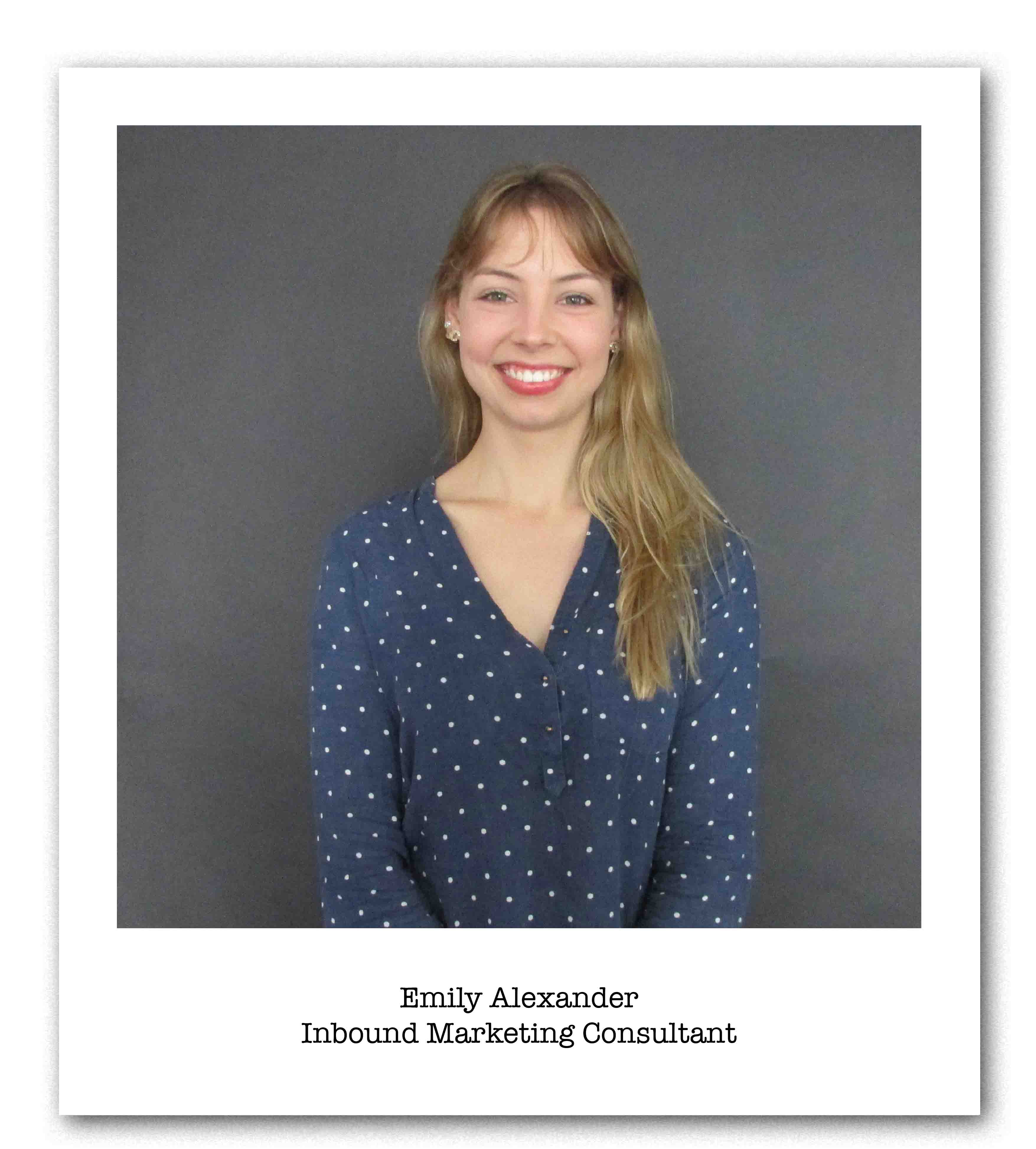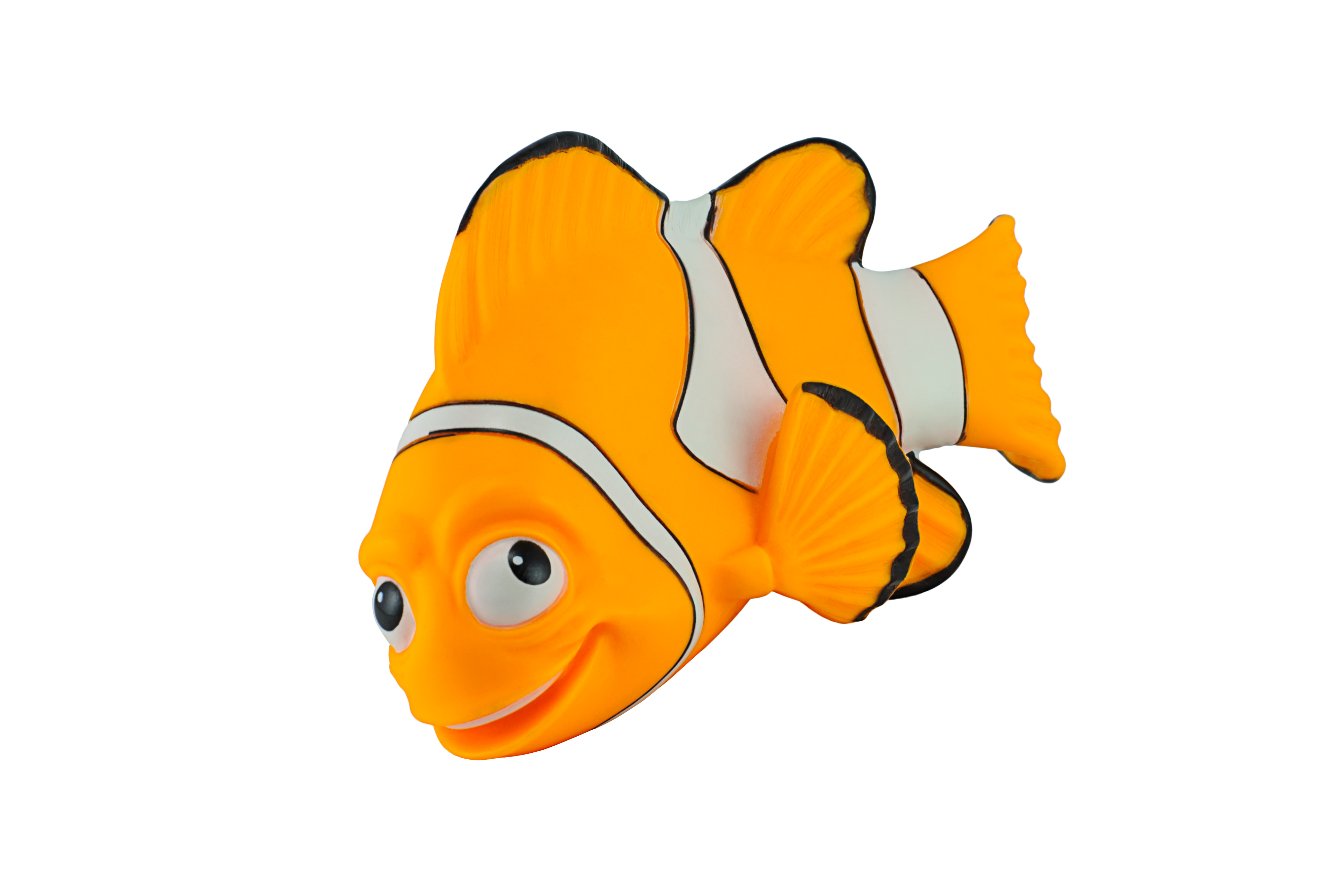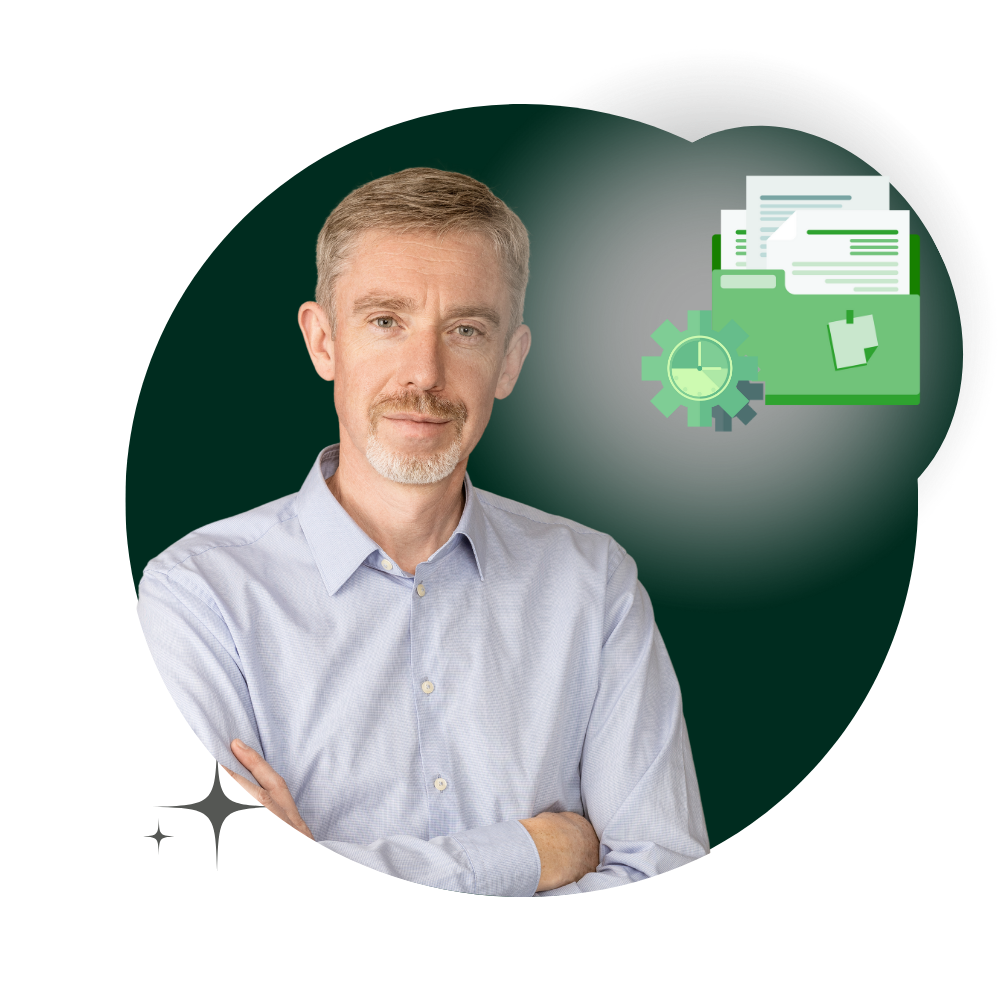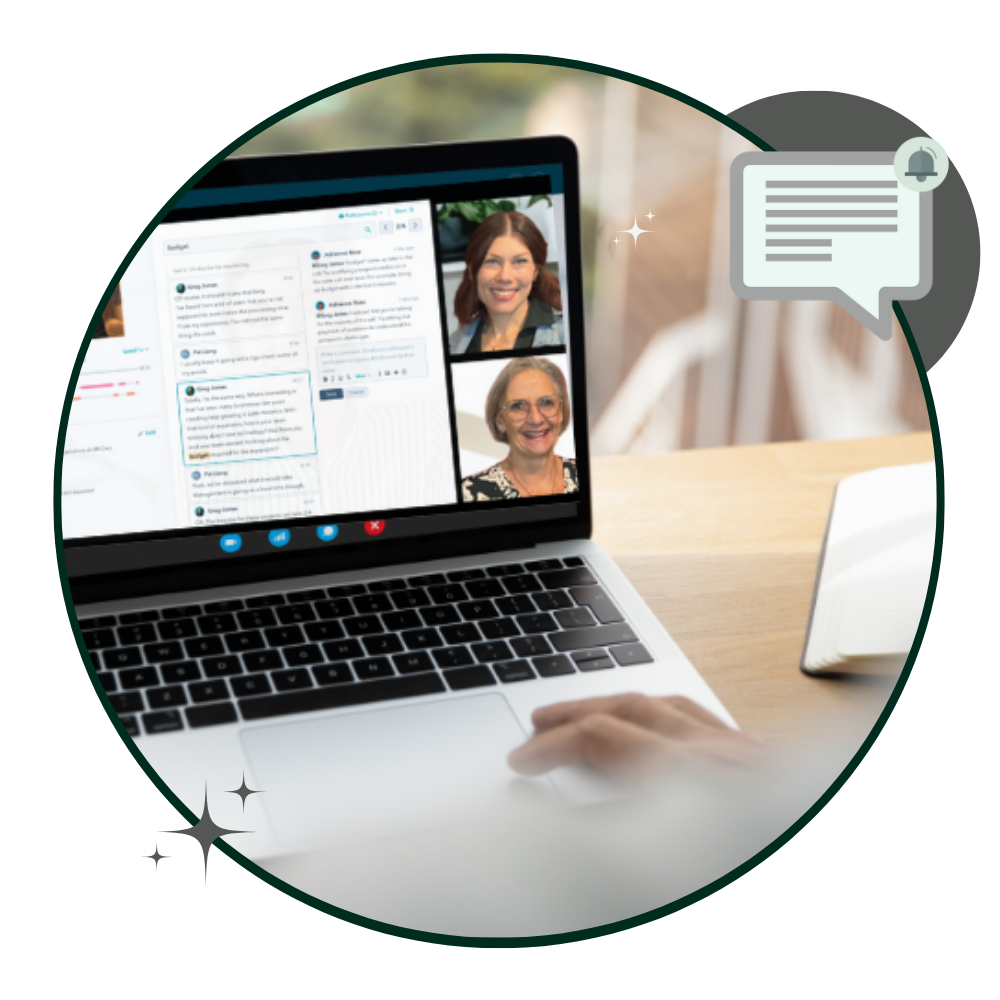BECOME W.I.S.E.R. with Your AI Prompts - A guide for sales managers
Everyone’s wittering on about AI like it’s the second coming. But here’s the rub: if you give it half-baked prompts, you’ll get half-baked answers....
2 min read
 Emily Alexander
Updated on August 8, 2019
Emily Alexander
Updated on August 8, 2019

We all know Dory from Finding Nemo – the anterograde amnesia suffering fish whose memory continually resets (see what I mean here). Cute, yes, but Dory’s inability to remember anything means that she is left friendless as those around her grow impatient with constant repetition.
So, what does this have to do with personalisation? Well, if you’re still using a one-size-fits-all marketing approach, you’re not much better than this forgetful fish. And while Dory’s condition is played for laughs in the film, when it comes to your marketing, amnesia is serious business.

Something most of us encounter on a daily basis is personalisation in its simplest form. Does the barista at your local cafe know your name and coffee order? What about that Italian restaurant, why is it your favourite? Surely a personal touch has something to do with it. Fact is; we crave these sorts of personal interactions. Hearing our own name incites real visceral reactions within us that leave us wanting more, and that’s why we become loyal customers.
If personalisation is so effective in real life, wouldn’t the same apply in the digital world? After all, we are still interacting with people, just on a different platform. The answer is yes. Personalised content has been found to be 42% more successful than generic content, while website personalisation contributes to a 14% rise in sales. Take Woolworths for example; since replacing much of its mass marketing efforts with personalised marketing, the supermarket chain has significantly increased sales and customer loyalty in the space of a few months.
Once upon a time, technology hindered our ability to get closer to our leads and customers. Now, it’s our best asset. The more you integrate technology, and more specifically, automation, into your personalisation efforts, the more effective they’ll be.
If you’re thinking this doesn’t apply to you because you’ve already mastered the art of inserting recipients’ first names in an email blast, think again. Algorithmically driven content is taking personalisation to the next level. Now, once a visitor has opted in (by completing a form on our website or making a purchase), we can track their behaviour on our site. We are able to recognise which contacts are looking at our website and provide individual content recommendations to keep them engaged for longer. This not only improves user experience but also creates a more natural process of conversion by giving them a helping hand through the marketing funnel.
Having said this, there is a fine line between being personal and just plain creepy. Thanks to technology, we are now able to find out more about our visitors than ever before, but the key is knowing when and more importantly, if, it is appropriate to use this information. Target in the US learned this lesson the hard way. Through basket analysis, Target predicted a teenage girl’s pregnancy and marketed to her accordingly, effectively outing the secret to her parents. This is most certainly in the ‘too far’ category.
Basically, personalisation is creepy when it’s not relevant. If you are focused on being helpful and improving user experience, you can’t really go wrong. Be honest with visitors – if you’re asking for personal information, let them know why, and make sure the perceived value of the data is outweighed by the value of what you’re offering in return.
Your website is valuable real estate, so don’t waste space presenting the same content to the same visitors. These are missed opportunities. Instead, show them something they want to see based on the information you’ve already gathered from them.
In essence, personalised marketing should replicate real life personal experiences. Just because your leads and customers are finding you online doesn’t make them any less human, so engage them as such. In other words, if you’re the barista in real life, don’t be Dory online!
To read more about how to generate better leads, download our free ebook below.
Subscribe to our latest news and updates on HubSpot.

Everyone’s wittering on about AI like it’s the second coming. But here’s the rub: if you give it half-baked prompts, you’ll get half-baked answers....

The business world is falling head over heels for AI—and who can blame it? With promises to reduce grunt work, uncover insights, and turbocharge...

Search is evolving - fast. For two decades, SEO has revolved around Google’s algorithm: keywords, backlinks, metadata, and page speed. But with the...